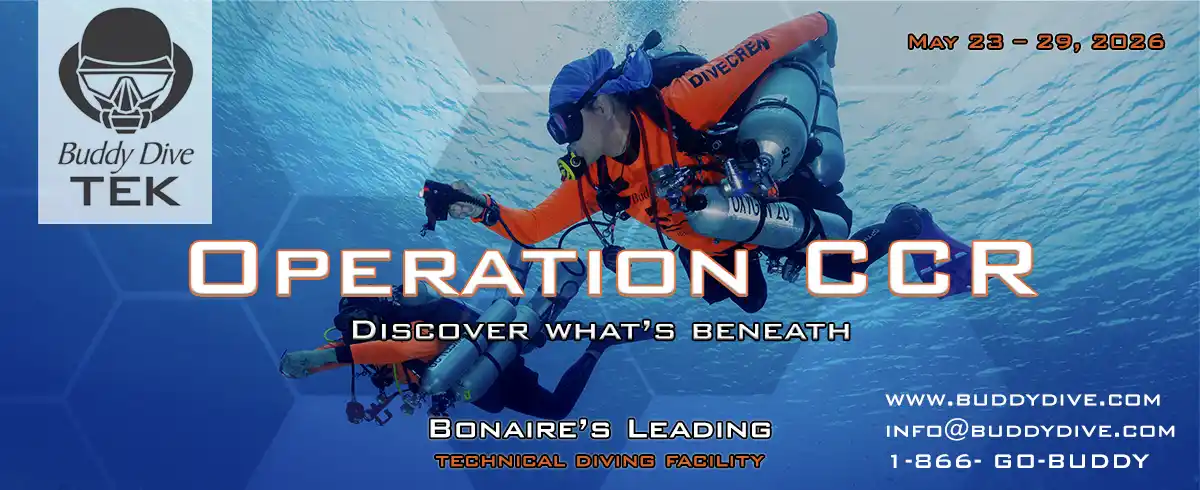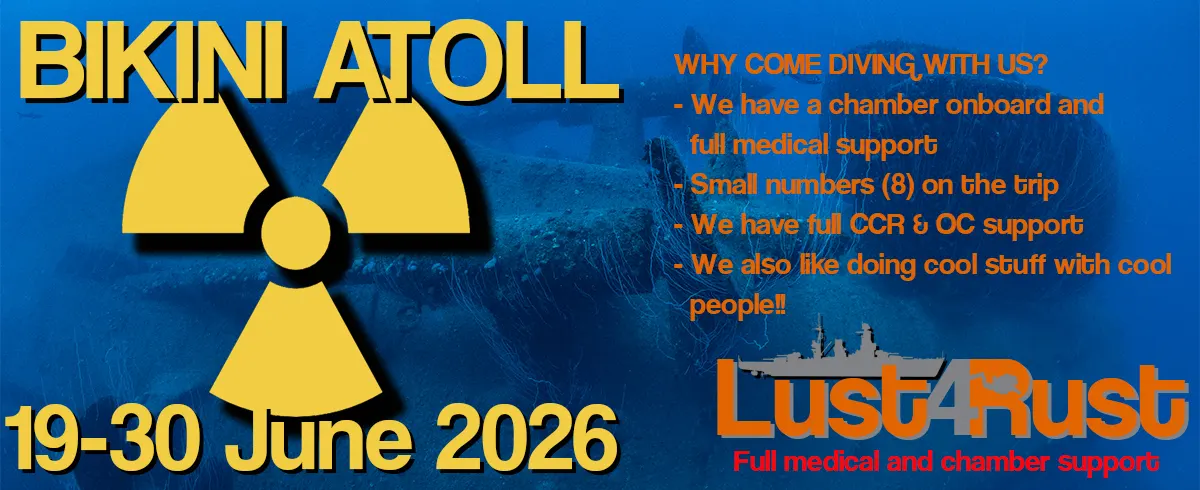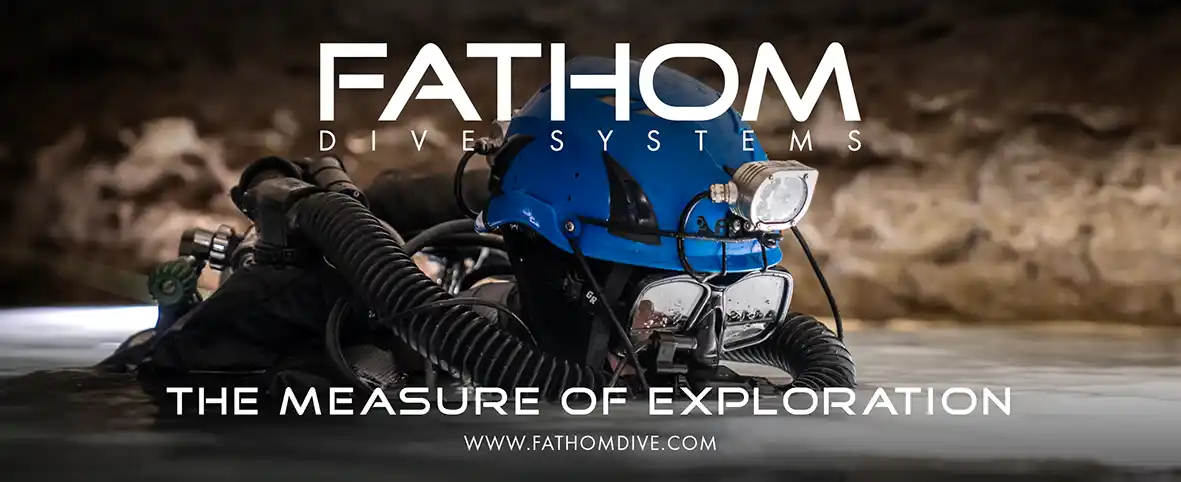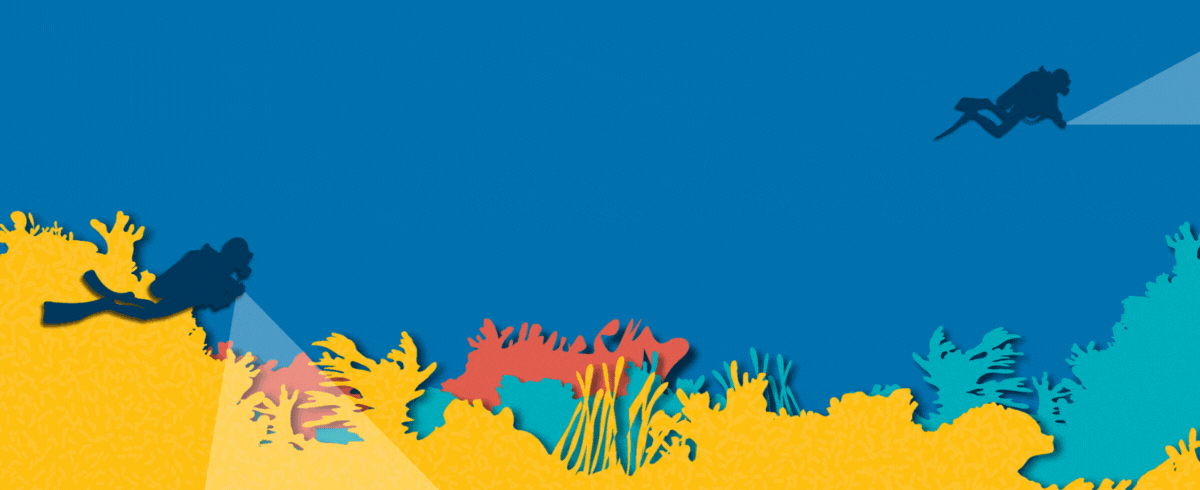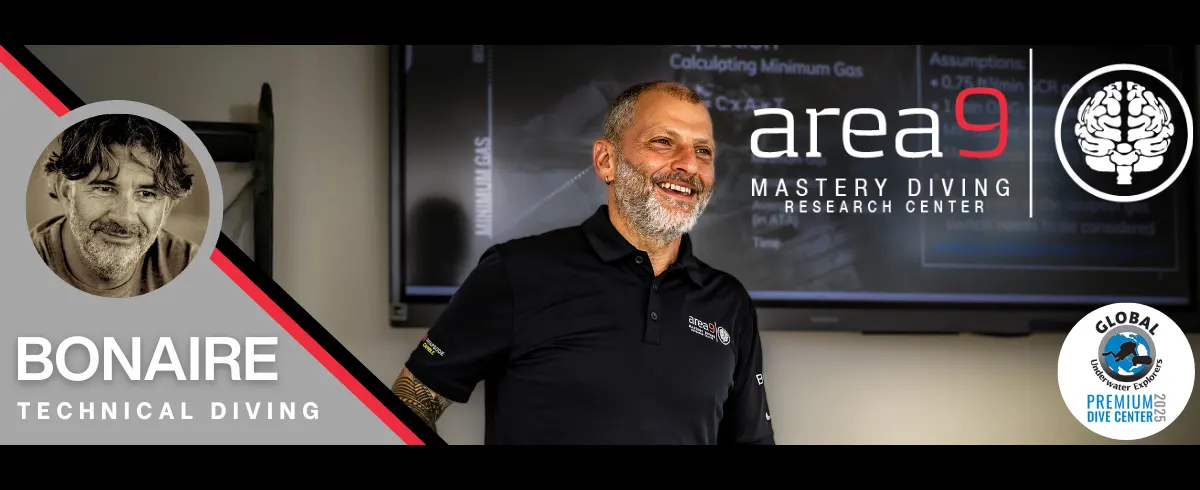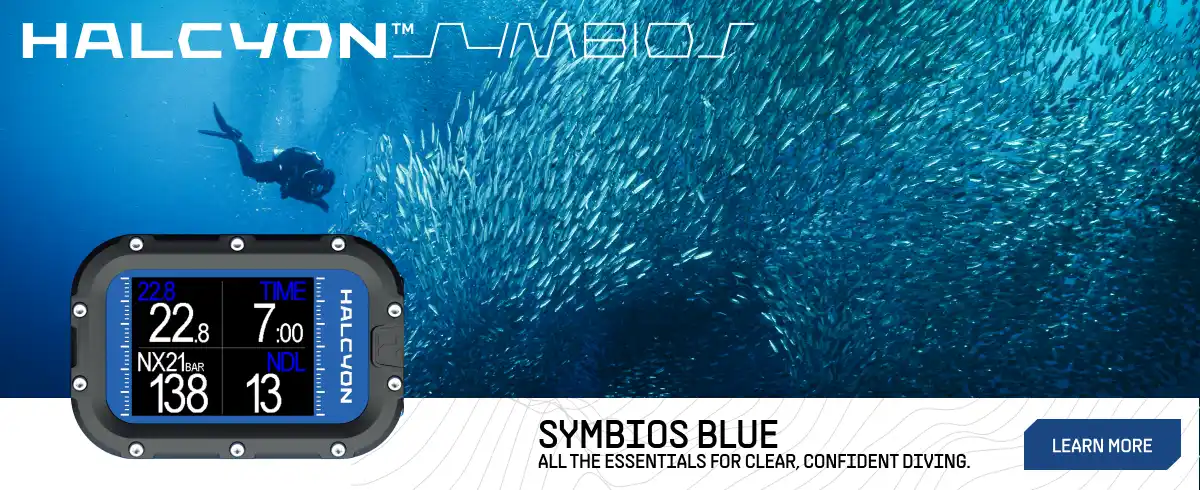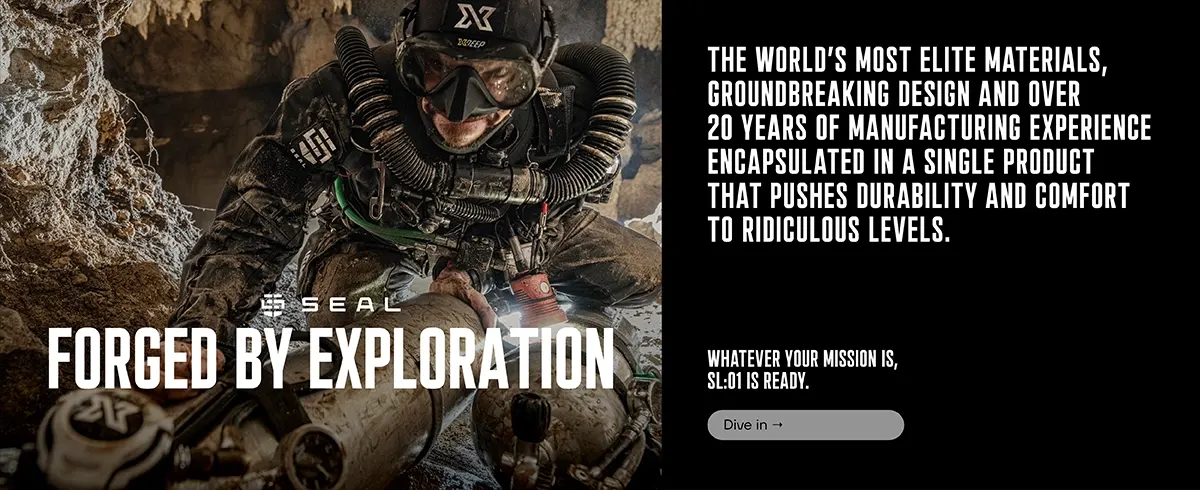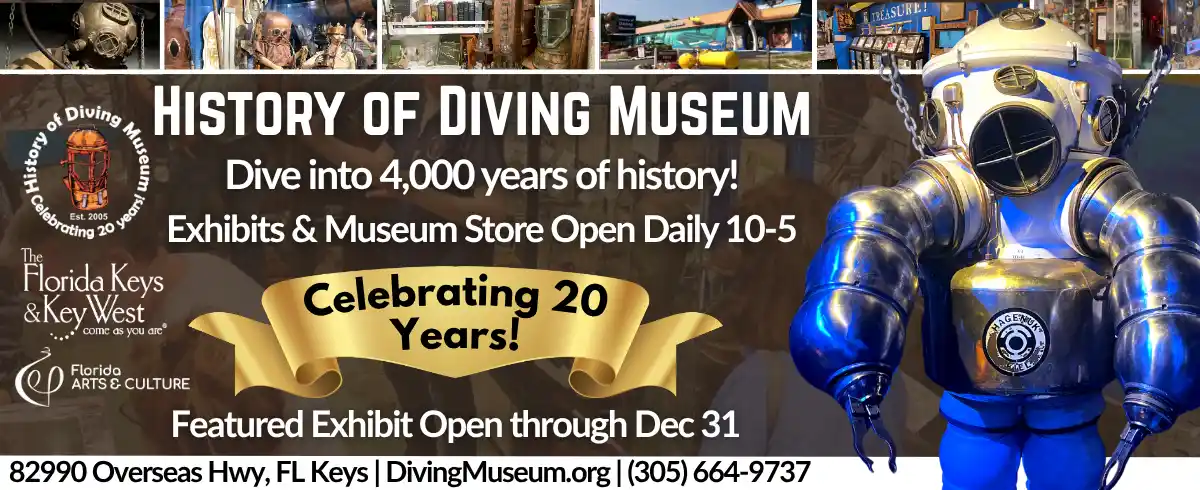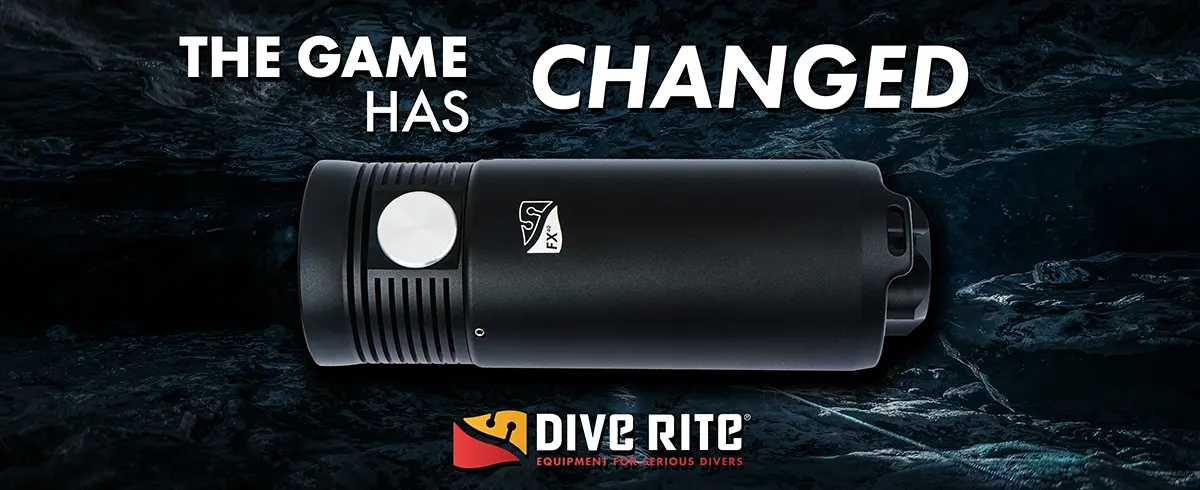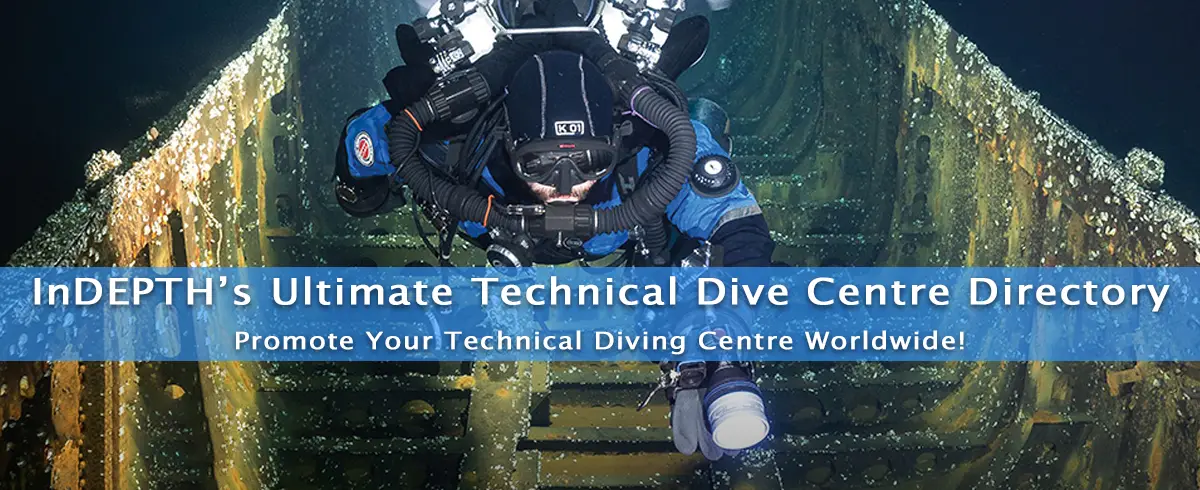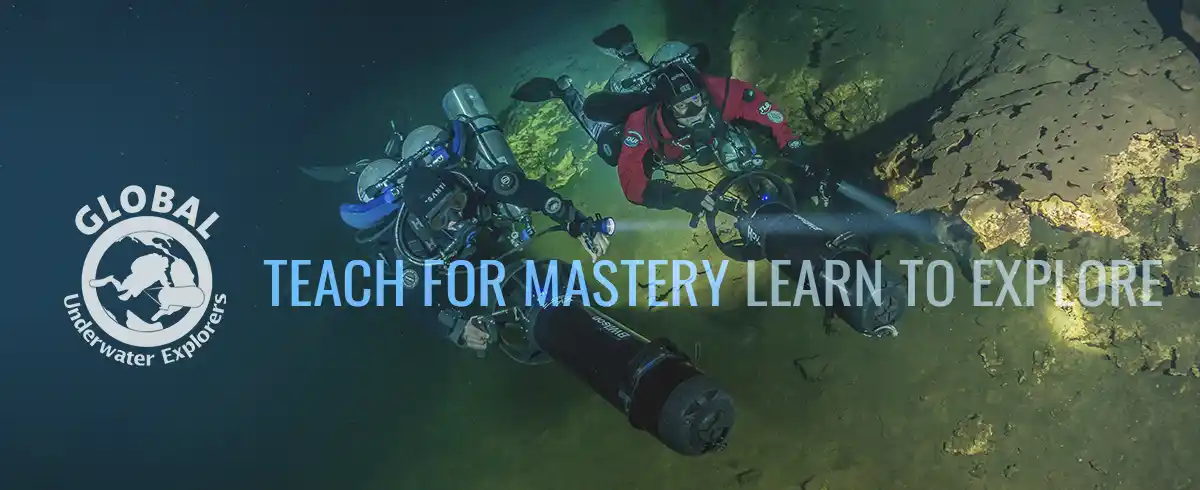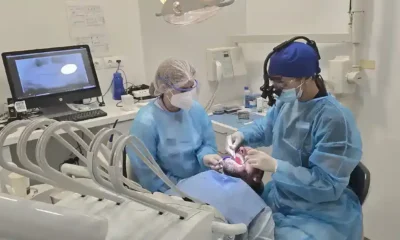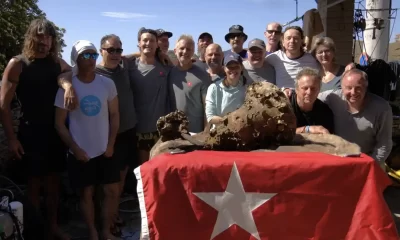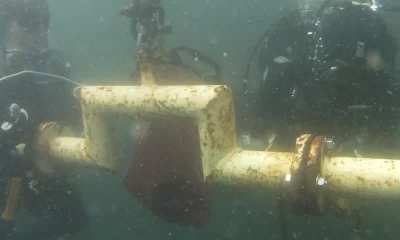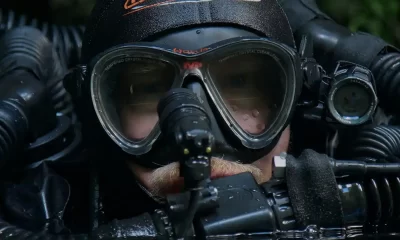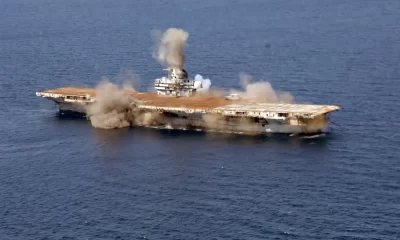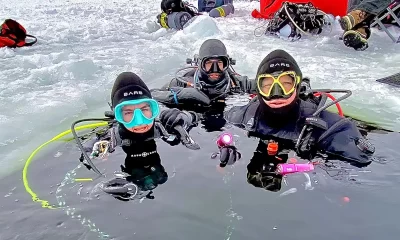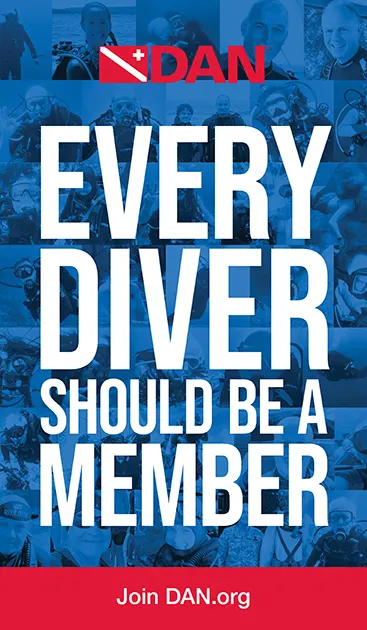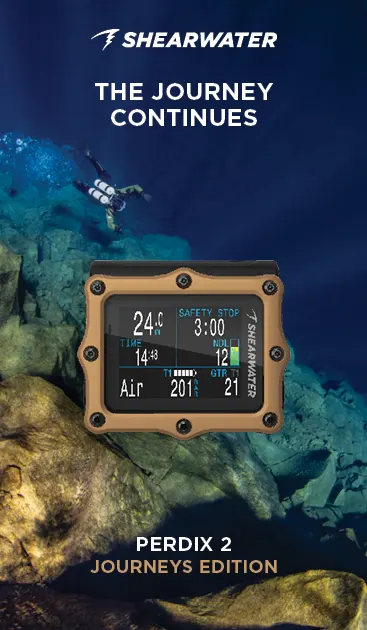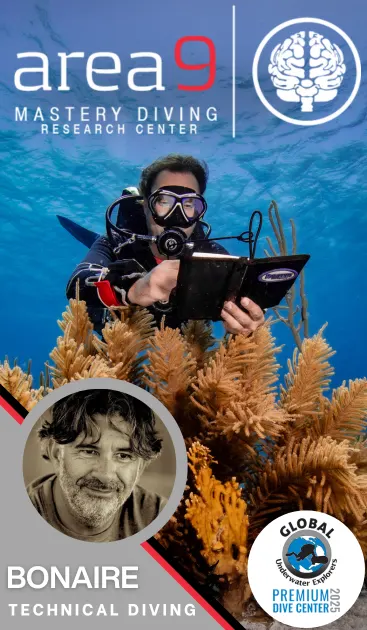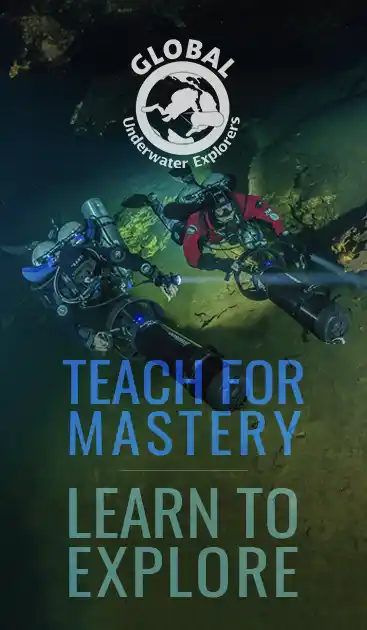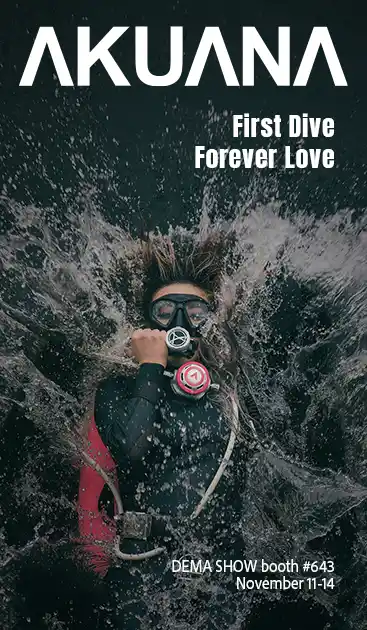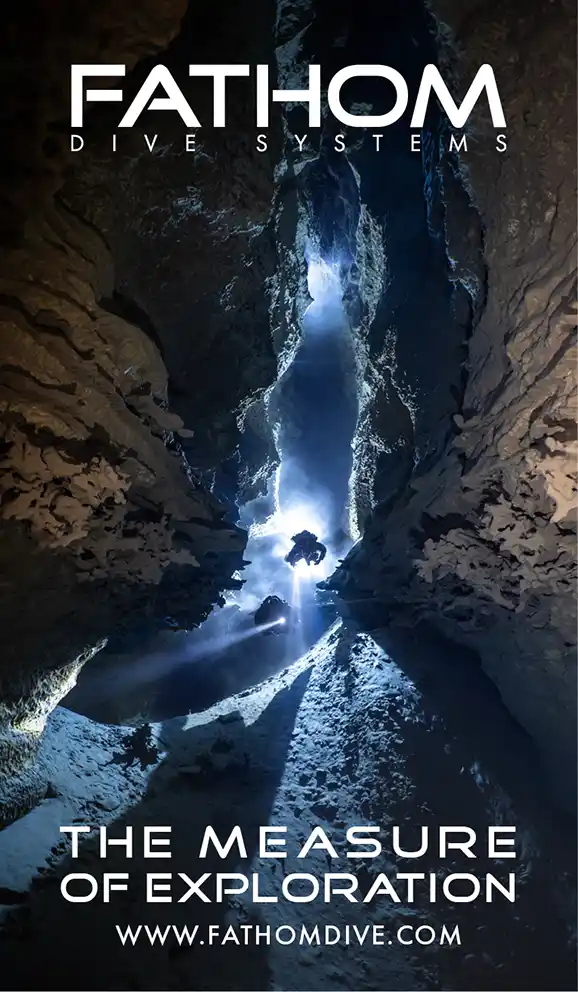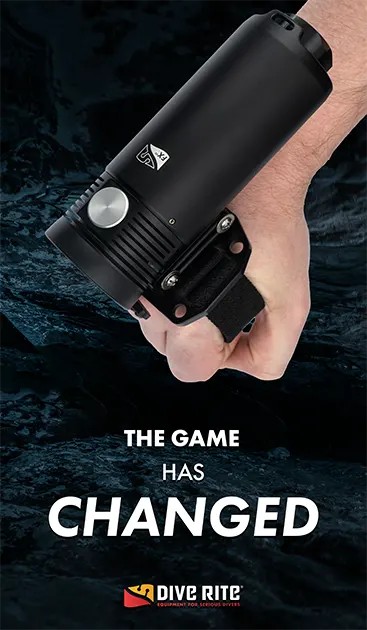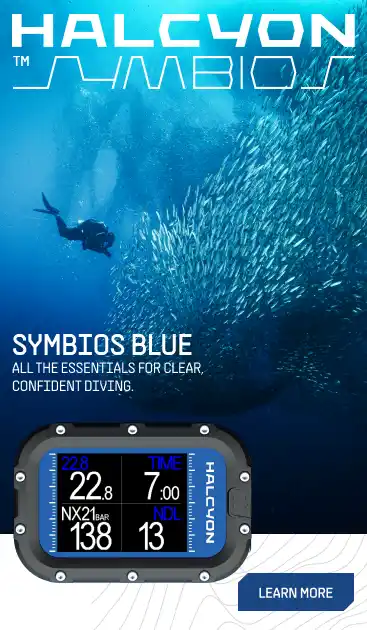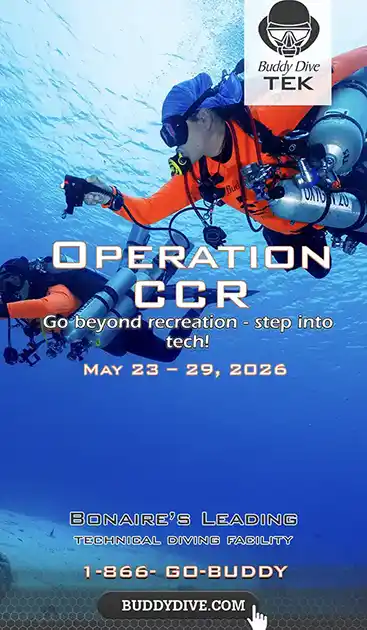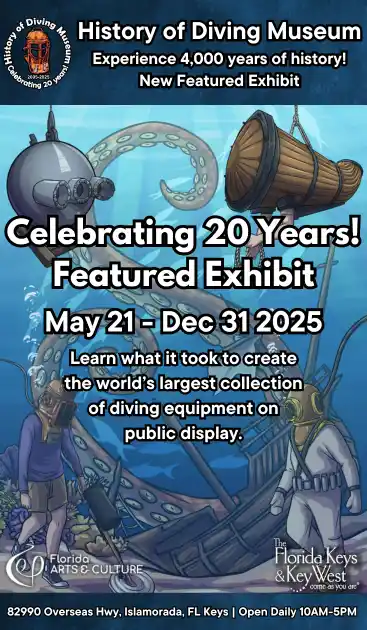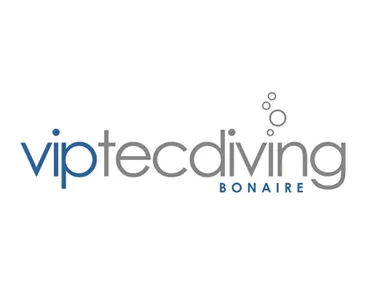Community
Training, Practice, Experience and Judgement
What is more important, training or experience? And when is a course—you bought a new DPV did you?—preferable to learning on your own? Tech educator and author of “Deco for Divers” fame, Mark Powell, discusses the sweet spot between training and experience and why practice and judgement are also required to maximize your performance and safety and help you to become a competent tekkie.
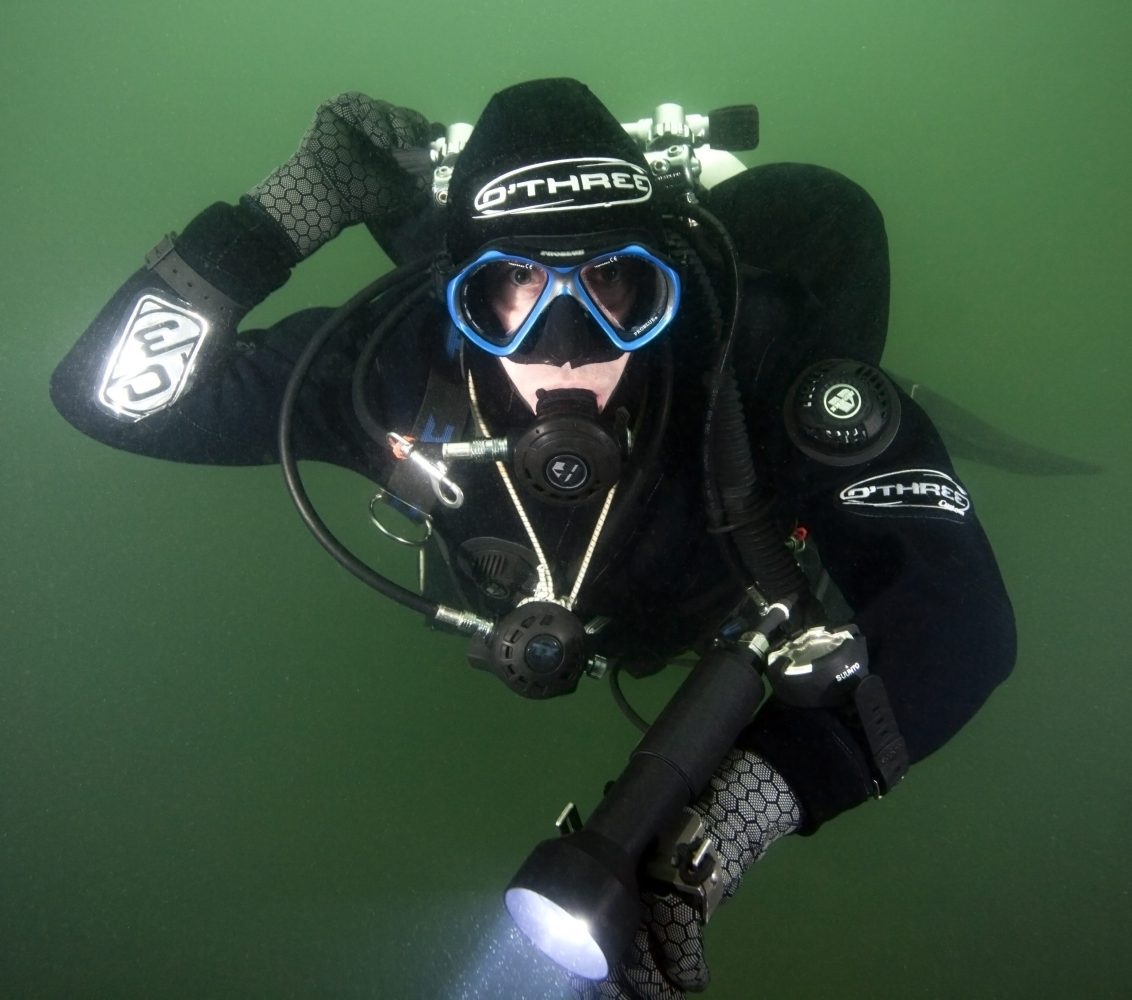
by Mark Powell
Header and other images courtesy of Mark Powell
What is more important, training or experience?
One of the most popular discussions when it comes to diving is, “What is more important, training or experience?”
You often see divers on the internet asking, “Why does anyone need dry suit training? I just bought a dry suit and picked it up as I went along,” or “I can’t believe some instructors offer a course on how to deploy a DSMB, isn’t it obvious?” These are examples of people who believe that training is pointless and you can pick anything up through experience. On the other hand, you also see people who expect a diver to be absolutely perfect at the end of a course, insinuating that an instructor is a poor one unless the students are perfect at every skill.
In reality, this is one of those pointless questions. Of course, the real answer is that both training and experience are important and, in fact, practice and judgement are also required to become a fully rounded, competent diver.

Is Training Really Necessary?
“Why do I need a course to learn how to use a dry suit, DSMB, twinset, or rebreather. I can just jump in and learn it by trial and error.”
It is possible to learn by trial and error and building up experience. However, different people learn in different ways. Some would prefer to learn by trial and error while some learn better by having it explained to them or seeing a demo. Just because you prefer to learn by doing it doesn’t mean that others prefer the same method. For many people receiving training from a good instructor is the best way for them to learn.
Experienced divers often assume that, since they know how to do something, it is easy and other people can pick it up easily. They underestimate the time and effort it took for them to learn that skill.
Experience is a great way of learning, but it is also an expensive way in terms of time, money, and risk.
“Experience is a dear teacher but fools will learn at no other”.
Benjamin Franklin
Learning from an experienced instructor is one of the most efficient ways of picking up new knowledge and skills. It can be much more effective than trial and error or learning from experience. It allows students to draw on the knowledge of many other divers, and not just their own experience. It can help avoid blind alleys or practices that seem like a good idea at the time but have hidden flaws that may not be immediately obvious.

Learning from an instructor can be much safer than making dangerous mistakes. Sometimes a dangerous mistake can result in no ill effects, in which case the diver learns the wrong lesson—they ‘got away with it’ and did not acknowledge it was a mistake. In other instances, the dangerous mistake causes an issue which the diver manages and takes as a lesson. In this case, making a dangerous mistake—and surviving it—can be a very effective learning situation. However, at other times, the dangerous mistake may result in a situation that the diver cannot deal with and may result in very serious consequences.
It can also be much cheaper in the long run to pay for quality training than making costly mistakes, especially when it comes to buying the wrong kit. When I run a course for a diver looking at getting into tech diving, I recommend that they do not buy their kit in advance. Part of the course is to look at the various kit configurations, compare the pros and cons of each and allow the student to determine what kit will suit them best. After this exercise, the students often realize that what they thought they needed is not what they actually need, so they can then buy the right kit straight off. Time after time, this approach has meant that students save more money in avoiding buying unsuitable kit than the cost of the course.
Training, no matter how thorough, does not produce the finished article
It is not reasonable to expect a student to have mastered each skill by the end of a realistic training course. This statement may surprise some people, as some agencies do suggest that the student should display “mastery” of a skill as a performance requirement of the course. In reality, this can only be achieved by redefining “mastery” to such an extent that it means no more than “competent under good conditions.” This is not real mastery.

There is simply not enough time to achieve real mastery in a training course. And there shouldn’t be. There is a time for working with an instructor and practicing with feedback from the instructor and a time for practice on your own. Both are required in order to achieve mastery but only one needs to be done as part of the course. Practicing on your own needs to be done over an extended period of time, with breaks to allow for consolidation. It is just not feasible or even necessary to do this with an instructor.
What this means is that the end of a training course is not the end of the learning process; rather, it is just a checkpoint in the student’s long-term progress. I have seen many students that were the strongest in the group at the end of the course, but after six months they had not progressed or had often gotten worse. However, I have seen other students who only just scraped through the course, but realized they needed to practice, and with determination and practice they had much stronger skills after six months.
Good students are not the ones that get it right the first time. They are the ones that know they need to keep practicing after the course. They are the ones that realize that training is only valuable with follow up practice.
“Don’t practice until you get it right, practice until you can’t get it wrong.”
Unknown
Good instructors are not those who get their students to a good level at the end of the course or who get students to “practice until they get it right,” but a good instructor is one who makes sure the students will continue practicing in the future and “will practice until they can’t get it wrong.”
Welcome to the Real World
No matter how good your training and how much you practice, you also need to have real world experience. Even the most realistic training is not “real,” so you need to put the training into practice in the water. Training situations are often clear and unambiguous, but the real world is not always like that.

If the training environment is different to the real-world environment then it takes time to apply the training lessons to the real world. Different visibility, cold water vs fresh water, sea vs fresh, currents, entry points, different dive buddies, boats, and local procedures may also add variables they could not practice in training.

When training and practicing, the diver can focus primarily on the activity they are doing without too many distractions. Experience involves using those skills, not in isolation but as part of the whole dive, possibly when you are distracted by other considerations such as environmental challenges, your buddy, or the situation you are in.
“Experience is something you don’t get until just after you need it.”
Steven Wright
Experience is obtained by putting yourself in different environments. If you do 100 dives at the same location, in the same conditions, that is not really 100 separate dives but rather the same dive repeated 100 times. By exposing yourself to different environments, you encounter different conditions and challenges which may make the activity more, or sometimes less, challenging.
This is the real meaning of mastery. It is not when you can do it reasonably well on a couple of occasions in good conditions. True mastery is being able to perform a skill each and every time under different or challenging conditions.

“Victory comes from finding opportunities in problems.”
Sun Tzu
With experience will hopefully come judgement
It is your judgment that will be relied upon to make the right decisions on how to avoid a potential problem or deal with a difficult situation. Judgment cannot be bought, or fast-tracked; there is no zero-to-hero option. It is the result of time spent practicing and gaining experience in a variety of conditions.

Good judgement means making a sensible decision at the moment it is needed. It means picking the right tool at the right time. It also means knowing when a rule is applicable but also knowing when to break a rule. Judgement means knowing when to call a dive when the situation is not right and avoiding an incident rather than having to deal with the consequences.
Unfortunately, judgement is not an automatic result of the previous steps. Often, we see divers that do something dangerous and get away with it; their experience tells them it is okay and skews their judgement as to what is acceptable. As a result, some divers become arrogant and think that they have so much experience that none of the rules apply to them.
“Good judgment comes from experience, and a lot of that comes from bad judgment.”
Will Rogers
Finally, judgement means recognizing that you don’t know it all and that additional training, practice, and experience are always valuable. Keeping an open mind and learning from others is an important aspect of developing your judgement.

This means that the process is not a straight line but is a cycle. Practicing something might reveal that there is a hole in your knowledge and you need to circle back to an instructor for additional training. As you gain experience, you may realize that there are additional skills or combinations of skills you need to practice or further training you need. Good judgement often results in the realization that you need training on a different area of diving before undertaking deeper dives or progressing further into a wreck. The best divers are constantly learning and actively seek out opportunities for new training, practice, and experience.
“Unless you try to do something beyond what you have already mastered, you will never grow.”
Ronald E. Osborn

Dive Deeper:
Stories by Mark Powell:
X-Ray: Achieving Our Teaching Objectives
X-Ray: Permanent Change: We Have We Learnt?
X-Ray: One for All or All For One?

Mark had his first experience of diving at the age of 10 when he did a try-dive in a local pool. He was hooked from that point onwards. He learnt to dive in 1987 and has been diving ever since.
Mark became an instructor in 1994 and has been actively instructing since then. In 2002, Mark set up Dive-Tech, a dedicated technical diving facility, with the intention of providing the highest quality technical diving training. Dive-Tech provides technical training at all levels up to and including CCR Advanced Mixed Gas Instructor Trainer.
Mark is a TDI/SDI Instructor Trainer and a member of TDI/SDI’s Global Training Advisor Panel. He also represents TDI/SDI on a number of international standards groups. He is a regular contributor to a number of diving magazines and a regular speaker at diving conferences around the world.
In 2008, Mark published Deco for Divers, a widely acclaimed overview of the theory and physiology of decompression. This has quickly become the standard text on the subject and is recommended reading by a number of the technical diving agencies. In 2010, Deco for Divers was awarded “Publication of the Conference” at the EuroTEK.10 technical diving conference, and in 2014 it won the Media Award at TEKDive USA. In 2019, Mark followed this up with a new book, Technical Diving: An Introduction.


